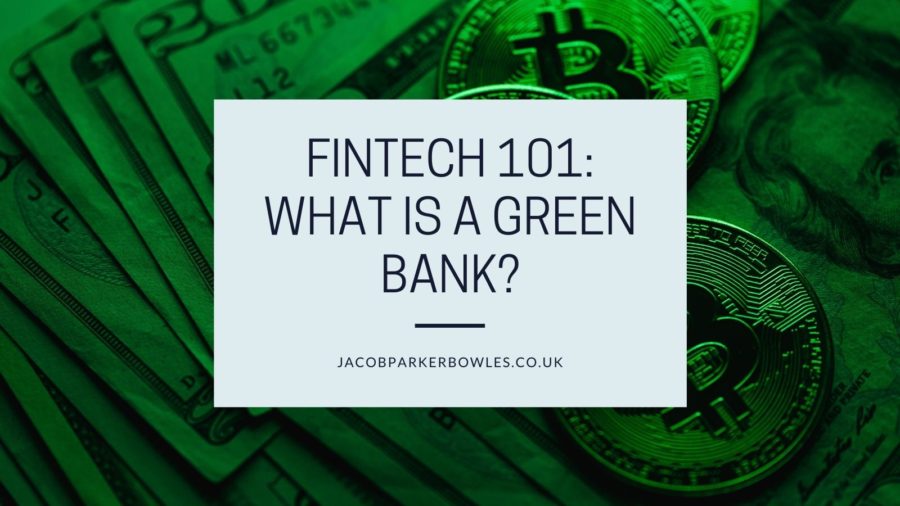Fintech has spread massively over the years, to the point where it impacts more than just the financial industry. Thanks to the development of fintech, two types of products were created for the benefit of others: B2B and B2C. The first type, B2B, offers different financial services through fintech apps, while the second type, B2C, offers apps that are user-oriented for clients. The B2C model, specifically, was created to compete with financial service providers.
From mobile apps to trading areas, fintech projects vary immensely and allow entrepreneurs to get their money without having to visit the bank. Here are a few industries that fintech has impacted over the years.
Funds Transfer
Transferring funds used to be slow and expensive. If you wanted to transfer money, you really had to think about when you would do it and when you needed the money transferred by if you wanted to get it done in time. However, with fintech, the funds transfer field started to develop; according to Think with Google, 69% of smartphone users transfer money using a mobile app rather than a website. Plenty of online services exist for money transfers, such as TransferWise. These services give small companies and private users the chance to send money to others at a lower price.
Loans
Since many people have credit cards with certain payment limits, it’s possible to take out a loan online. Web and mobile applications such as KreditBee and MobiKwik allow people to use their sites and take out a loan quickly; users can usually apply and be approved for a loan in fifteen minutes. Once approved, the whole sum of the loan can be transferred to any banking card within an hour, and users can access their personal information (balances, arrears, etc.) quickly and easily. It’s no longer necessary to stand in lines and sign physical documents to get a loan; this trend could completely replace habitual crediting.
Chatbots
Chatbots are artificially intelligent bots that can, among other things, help improve the financial process. They can send notifications about changes to whoever is listed, provide helpful information to users, and more. Due to this, chatbots have increased user loyalty, which increases a business’s profit and makes a product more competitive. Several banks globally already use chatbots and have seen these results, using them to notify clients, help clients pay their bills, and so on. Some, like MasterCard, even have a chatbot for Facebook Messenger to improve digital services.










